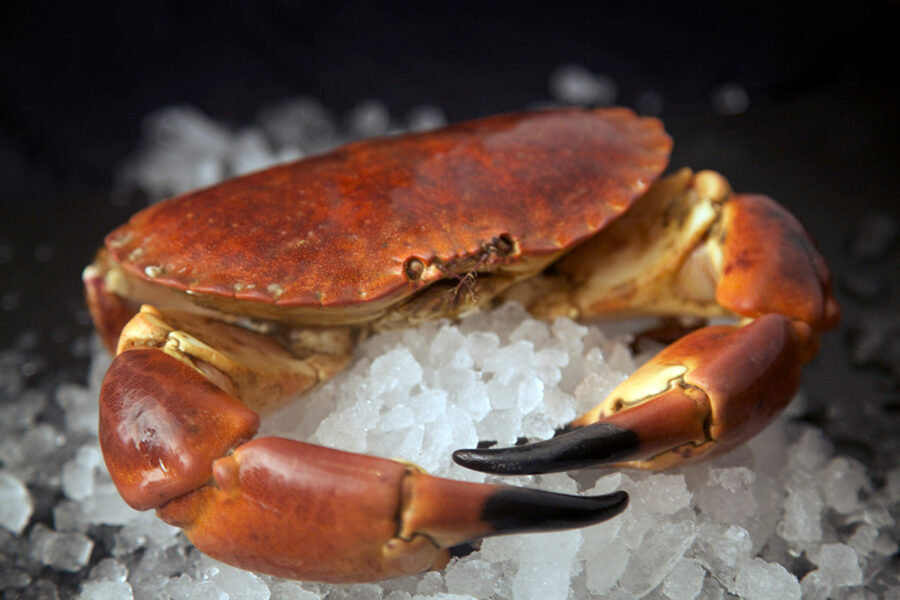Best-practice guidance for the handling of live shellfish is being developed by the Shellfish Association of Great Britain (SAGB) and the industry-led Crab and Lobster Management Group (CMG), with assistance from Seafish.
The renewed focus on crustacean welfare follows the recent publication of a report by the London School of Economics (LSE) on sentience in cephalopod molluscs and decapod crustaceans. This led to their inclusion in the Animal Welfare (Sentience) Bill, which is currently going through parliament.
David Jarrad, chief executive of the SAGB, said: “We are pleased to be spearheading this important area of research. While most seafood businesses already have good processes in place to care for their catch, it will be important that all operators understand what good practice looks like, and what should be avoided.
“We know that many businesses have already taken the necessary steps, but there are some businesses that may need to adapt how they do things. It will be important that we make that job as easy as possible for everyone by producing robust, credible, but also easy to follow guidance.”
The report by the LSE highlighted the importance of codes of best practice in ensuring any stress to the animals is minimised. The current project focuses on developing guidance to promote welfare of crustacea.
Aoife Martin, director of operations at Seafish, said: “The shellfish sector is worth £565m in export revenue, which includes the export of langoustines, crabs and lobster.
“The UK seafood industry already uses practices designed to reduce stress to the animal and to maximise the survival of crabs, lobsters and langoustines as they move through the supply chain. Keeping animals alive is important for economic and food quality reasons and, as the recently published LSE report shows, for the welfare of these animals.”
Seafish says that the work will be delivered across a ‘two-phase project’. The first will focus on establishing a suitable form for the guidance, and the most effective way to implement and monitor uptake. It also aims to identify key stakeholders to be involved in developing and establishing the guidance, and ‘a process to follow throughout to ensure maximum success’.
A second phase of activity will focus on establishing the guidance across each part of the supply chain, including catching, transportation, wholesale, processing, catering, retail and the import/export trade. Seafish says that the proposed approach is to ‘establish targeted working groups to help develop this guidance at each stage’.
Claire Pescod, chair of CMG and head of sustainability and science at Macduff Shellfish, said: “The seafood supply chain is complex, and it is important that this is recognised. Guidance should be tailored to specific sectors and species.
“It will be important to develop government and NGO understanding and engagement with this industry-led initiative.”
This story was taken from the latest issue of Fishing News. For more up-to-date and in-depth reports on the UK and Irish commercial fishing sector, subscribe to Fishing News here or buy the latest single issue for just £3.30 here.








